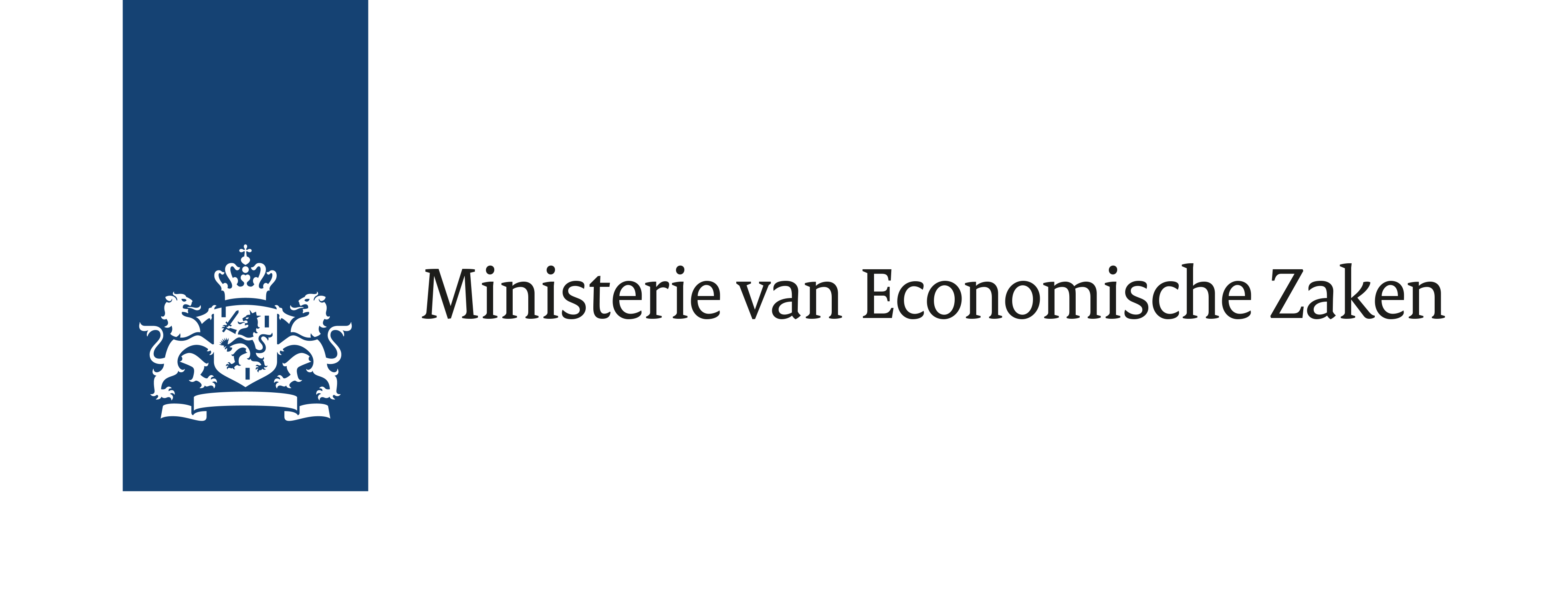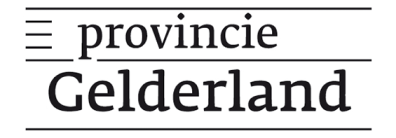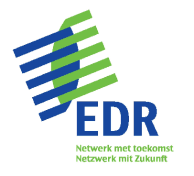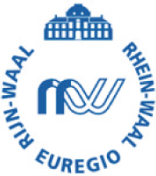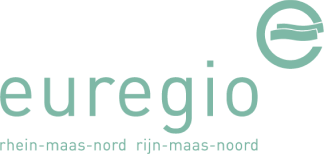Across Europe, soils face increasing pressure from intensive farming, climate change and biodiversity loss. At the heart of these challenges lies the soil microbiome—the vast and complex community of bacteria, fungi and other microorganisms that enables soils to function. These organisms regulate nutrient cycling, build soil structure, decompose organic matter, purify water and help protect crops from disease. When the microbiome is disrupted, soils lose fertility, water retention capacity and resilience, affecting yields and water quality. Yet farmers lack practical tools to assess or steer these microbial processes. The Interreg project Novel Engineered Resources Targeting Holistic Use of Soil (NERTHUS) responds by developing new ways to understand, support and apply soil-microbiome-driven functions in everyday agricultural practice.
NERTHUS follows a four-pillar approach:
- Benchmarking soil functions across key soil types and farming systems in the northern Netherlands and north-west Germany.
- Developing innovative analytical tools that classify microbiome data into functional groups for quicker and more affordable assessments.
- Creating tailor-made soil amendments from renewable regional resources to support specific soil functions.
- Co-creating a farmer-oriented decision support system (DSS) to help select appropriate amendments.
A balanced and complementary consortium
The NERTHUS consortium brings together research partners, technology developers, agricultural organisations and water authorities. Wetsus, Osnabrück University of Applied Sciences, 3N and Biotrack contribute scientific and technical knowledge; Agricycling, Agrarische Natuur Drenthe and DLV Advies provide links to farming practice; water boards share insights into water quality. The cooperation is intentionally cross-border to combine data and experience from both regions.
Importance for the Interreg region
This work is especially relevant for the area spanning the northern Netherlands and north-west Germany. The regions share similar soils, intensive agricultural systems and challenges such as nutrient pressures, drought sensitivity and declining water quality. At the same time, there is a lack of practical, region-specific tools to assess and improve soil functions.
NERTHUS offers concrete benefits: it generates regionally tailored knowledge on soil functions and microbiomes, develops soil amendments from local renewable resources and provides a user-friendly DSS adapted to real on-farm conditions. The region gains a shared understanding of its soils, practical tools for sustainable land management and a stronger foundation for resilient agriculture and clean water.

